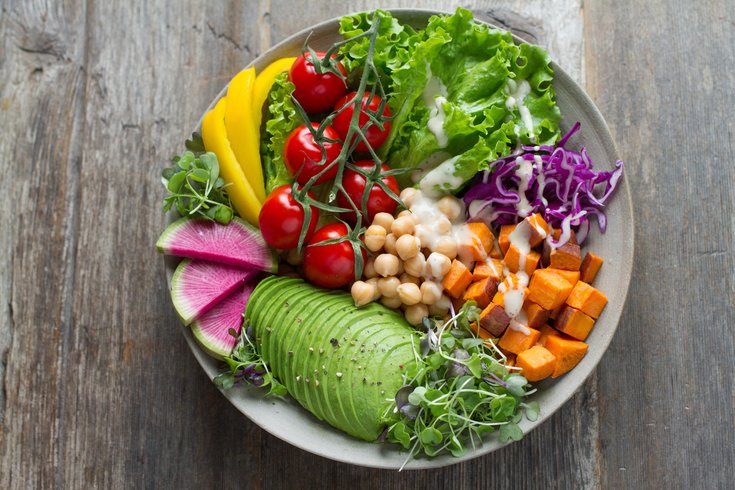
December 19, 2019
 Anna Pelzer/Unsplash.com
Anna Pelzer/Unsplash.com
Vegans need to take steps to ensure they get enough Vitamin B12, dietitians say.
With January and the start of 'Veganuary' fast approaching, experts are warning vegans not to underestimate the health risks of vitamin B12 deficiency.
According to the Vegan Society, it is important that all vegan diets include the recommended amount of vitamin B12. That means about 2.4 micrograms of B12 a day for adults, according to Harvard Health.
The concern is that vitamin B12 is found in the meat, fish, eggs and dairy products eliminated from a vegan diet. While fruits, vegetables and grains are healthy in many ways, they do not contain this essential vitamin, which plays a serves a variety of functions in the body.
Vitamin B12 is needed "to make red blood cells, nerves, DNA and carry out other functions," according to Harvard Health. B12 deficiency can lead to a "pins and needles" feeling in the extremities, joint pain and difficulties walking. More severe cases of deficiency can cause depression, paranoia, memory loss and the loss of taste and smell.
A vitamin B12 deficiency also could lead to nerve damage. To avoid deficiency, vegans need to get their B12 from supplements or fortified foods.
"Of all the micronutrients, B12 is the one we're most concerned about," Tom Sanders, emeritus professor of nutrition and dietetics at King's College London told the BBC. "I'm concerned many people think B12 deficiency is a myth.
"It's something that can be easily avoided, and what concerns me is that many new people becoming vegan are unaware of the need to combine sources of plant proteins. And they're not aware of the need to ensure they have adequate levels of B12."
The Guardian reported that B12 levels in vegans are generally about a third of what they should be.
Experts say that it all comes down to proper nutritional planning.
"Whether you're vegan or not, nutritional planning is essential for everyone," Heather Russell, a dietitian at the Vegan Society, told the BBC. "Going vegan is an opportunity to learn more about nutrition, including how to balance food groups, and the roles of fortified foods and supplementation."
Russell added that there is vitamin B12 guidance on Vegan Society's website.
There is still not a lot of data on the long term health effects of a vegan diet, but studies have shown that it helps people lose weight, lower their cholesterol and reduce cardiovascular risks. However, a 2017 study, also found that vegans and vegetarians are more likely to experience depression.